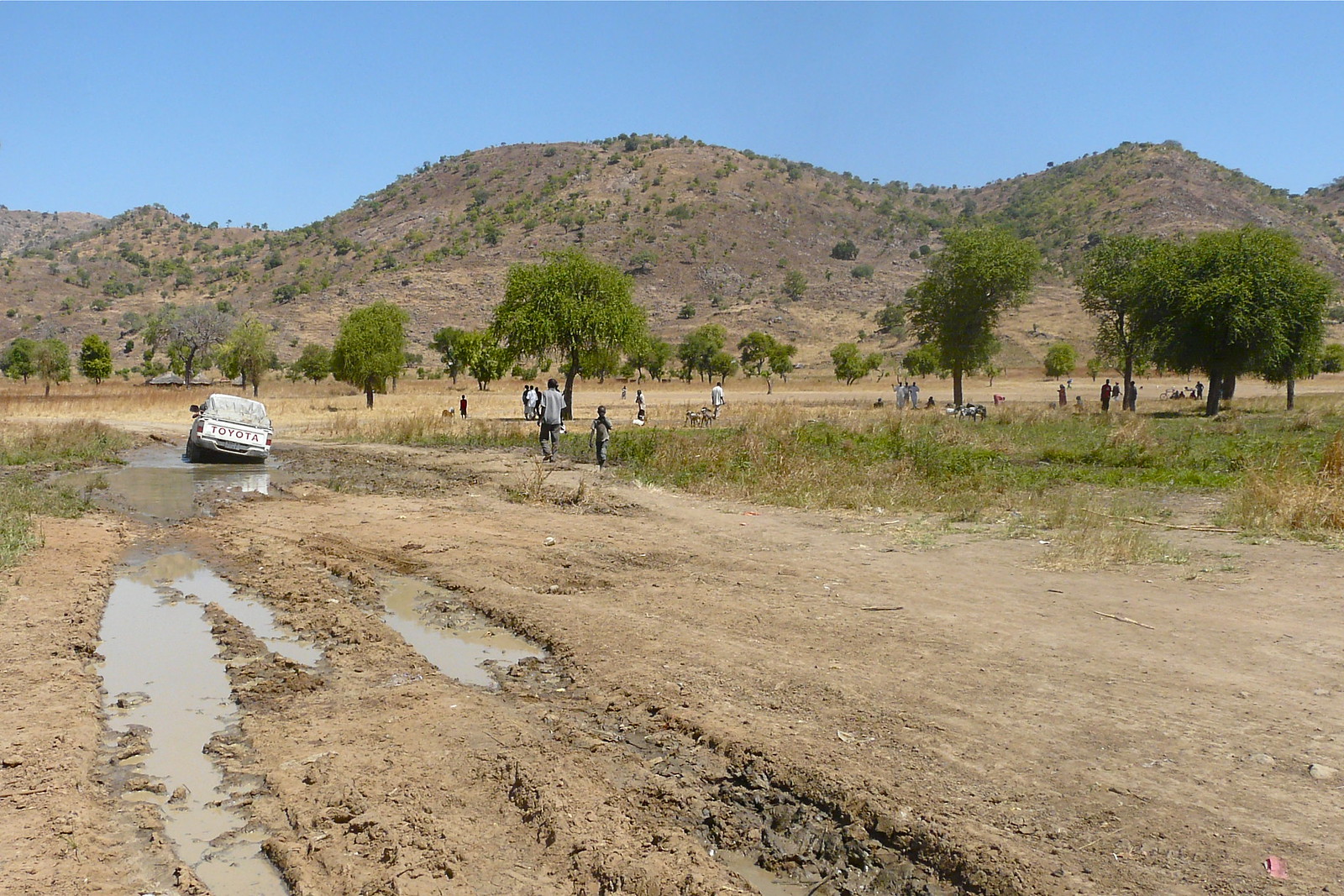Sudan: Civil Society Needs Support to Stop War
Two rival generals of Sudan’s military have agreed to a three-day ceasefire but fears remain of an all-out civil war.
Two rival generals of Sudan’s military have agreed to a three-day ceasefire but fears remain of an all-out civil war.
The following article was published in the May-June 2023 issue of NewsNotes.
Fr. Tom Tiscornia, MM, lives in one of the most remote and inaccessible areas in all of Sudan, the foothills of the Nuba Mountains, in the southern part of the East African country. Now more than ever, the remoteness of Fr. Tiscornia’s home is a blessing, as fighting between followers of two rival military leaders has taken over the capital city of Khartoum, more than 400 miles to the north.
“The price of everything has doubled since much of the goods come from the north,” Fr. Tiscornia wrote in a recent email. “I‘ve heard that even in Juba [the capital city of South Sudan] prices are rising.” Fr. Tiscornia has lived through violent conflict in Sudan before, writing about jumping into foxholes in 2014.
When asked what he thought the U.S. Catholic bishops could do to help, Fr. Tiscornia said he hopes the U.S. bishops keep in touch with their four brother bishops in Sudan and encourage them to speak out for peace. “I only wish that the Muslim leaders would step in and say something,” he said.
The majority of the Sudanese population identify as Muslim, generally belonging to the Sunni branch of Islam. The religion has a strong influence governance and daily life, playing a dominant role in the nation’s politics.
Fighting broke out in the capital city of Khartoum on April 14 after talks broke down between two rival military leaders – Sudan’s head of the army Abdel Fattah al-Burhan and General Mohamed Hamdan Dagalo (widely known as Hemedti), the country’s deputy and head of the Rapid Support Forces (RSF) paramilitary group, a group known for extreme violence in the Darfur region in the past. A three-day ceasefire went into effect on April 25. At the time this article was published, the ceasefire had been renewed for three more days.
When a nonviolent pro-democracy movement succeeded in removing longtime dictator Omar al-Bashir in 2019, the international community responded by offering the transitional authority – a military-led body tasked with transitioning to civilian leadership – lots of financial incentives to invest in building democratic norms and structures of governance. But the rival military leaders remained focused on asserting their own power and dominance. In the end, the transitional authority missed deadlines to transition to civilian-led, mainly due to disagreements on the integration of the paramilitary RSF into the army.
Dr. Susan Nagele, a returned Maryknoll Lay Missioner living near Chicago after 31 years in Sudan, Tanzania and Kenya, sees the need to include civil society, women, and professional organizations in the process to stop the fighting and support their desire for a democratic civilian government.
Dr. Nagele says, while South Sudan and Sudan each have rival military leaders trying to “solve their differences on the battlefield and totally neglecting the civilian population,” “Sudan has a large, well organized civil society that successfully brought about a shared government with the military and were supposed to be given full authority of rule until last year when the military took over.” Sudan has civilians who are prepared to govern, but they are being denied by the military. “I think there is more hope for good future governance in Sudan than in South Sudan because of the strong civil society.”
“It seems to me that the international community needs to stand as one united front for democratic civilian rule and accept nothing less from the military,” Dr. Nagele said. “From my point of view, the U.S. Catholic bishops should advocate for civilian democratic rule and ask the pope to lead the way internationally, from his nonaligned position of creative nonviolence and Catholic social teaching.”
Photo of West Nuba Mountains by Rita Willaertvia Flickr, CC

